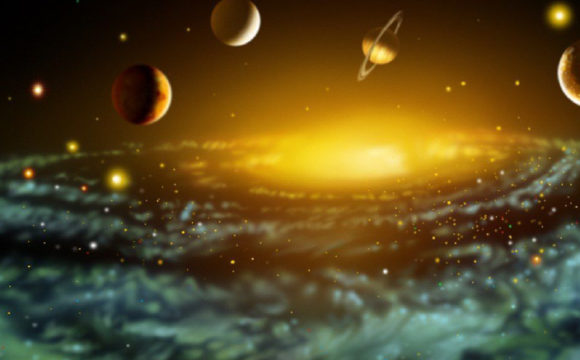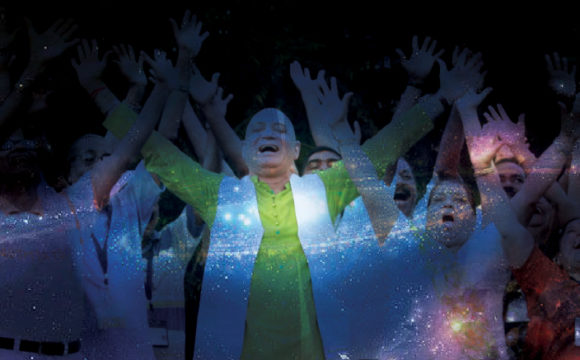Taken from Sapiens by Yuval Noah Harari
In the medieval market in Samarkand, a city built on a Central Asian oasis, Syrian merchants ran their hands over fine Chinese silks, fierce tribesmen from the steppes displayed the latest batch of straw-haired slaves from the far west, and shopkeepers pocketed shiny gold coins imprinted with exotic scripts and the profiles of unfamiliar kings. Here, at one of that era’s major crossroads between east and west, north and south, the unification of humankind was an everyday fact. The same process could be observed at work when Kublai Khan’s army mustered to invade Japan in 1281. Mongol cavalrymen in skins and furs rubbed shoulders with Chinese foot soldiers in bamboo hats, drunken Korean auxiliaries picked fights with tattooed sailors from the South China Sea, engineers from Central Asia listened with dropping jaws to the tall tales of European adventurers and all obeyed the command of a single emperor.
Meanwhile, around the holy Ka’aba in Mecca, human unification was proceeding by other means. Had you been a pilgrim to Mecca, circling Islam’s holiest shrine in the year 1300, you might have found yourself in the company of a party from Mesopotamia, their robes floating in the wind, their eyes blazing with ecstasy and their mouths repeating one after the other the ninety-nine names of God. Just ahead you might have seen a weather-beaten Turkish patriarch from the Asian steppes, hobbling on a stick and stroking his beard thoughtfully. To one side, gold jewellery shining against jet-black skin, might have been a group of Muslims from the African kingdom of Mali. The aroma of clove, turmeric, cardamom and sea salt would have signaled the presence of brothers from India, or perhaps from the mysterious spice islands further east.
Today religion is often considered a source of discrimination, disagreement and disunion. Yet in fact, religion has been the third great unifier of humankind, alongside money and empires. Since all social orders and hierarchies are imagined, they are all fragile and the larger the society, the more fragile it is. the crucial historical role of religion has been to give superhuman legitimacy to these fragile structures. Religions assert that our laws are not the result of human caprice, but are ordained by an absolute and supreme authority. This helps place at least some fundamental laws beyond challenge, thereby ensuring social stability.
Religion can thus be defined as a system of human norms and values hat is founded on a belief in a superhuman order. This involves two distinct criteria:
- Religions hold that there is a superhuman order, which is not the product of human whims or agreements. Professional football is not a religion, because despite its many laws, rites and often bizarre rituals, everyone knows that human beings invented football themselves, and FIFA may at any moment enlarge the size of the goal or cancel the offside rule.
- Based on this superhuman order, religion establishes norms and values that it considers biding. Many Westerners today believe in ghosts, fairies and reincarnation, but these beliefs are not a source of moral and behavioural standards. As such, they do not constitute a religion.
Despite their ability to ligitimise widespread social and political orders,not all religions have actuated this potential. In order to unite under its aegis a large expanse of territory inhabited by disparate groups of human beings, a religion must possess two further qualities. First, it must espouse a universal superhuman order that is true always and everywhere. Second, it must insist on spreading this belief to everyone. In other words, it must be universal and missionary.
The best-known religions of history, such as Islam and Buddhism, are universal and missionary. Consequently people tend to believe that all religions are like them. In fact, the majority of ancient religions were local and exclusive. Their followers believed in local deities and spirits and had no interest in converting the entire human race. As far as we know, universal and missionary religions began to appear only in the first millennium BC. Their emergence was one of the most important revolutions in history and made a vital contribution to the unification of humankind, much like the emergence of universal empires and universal money.








